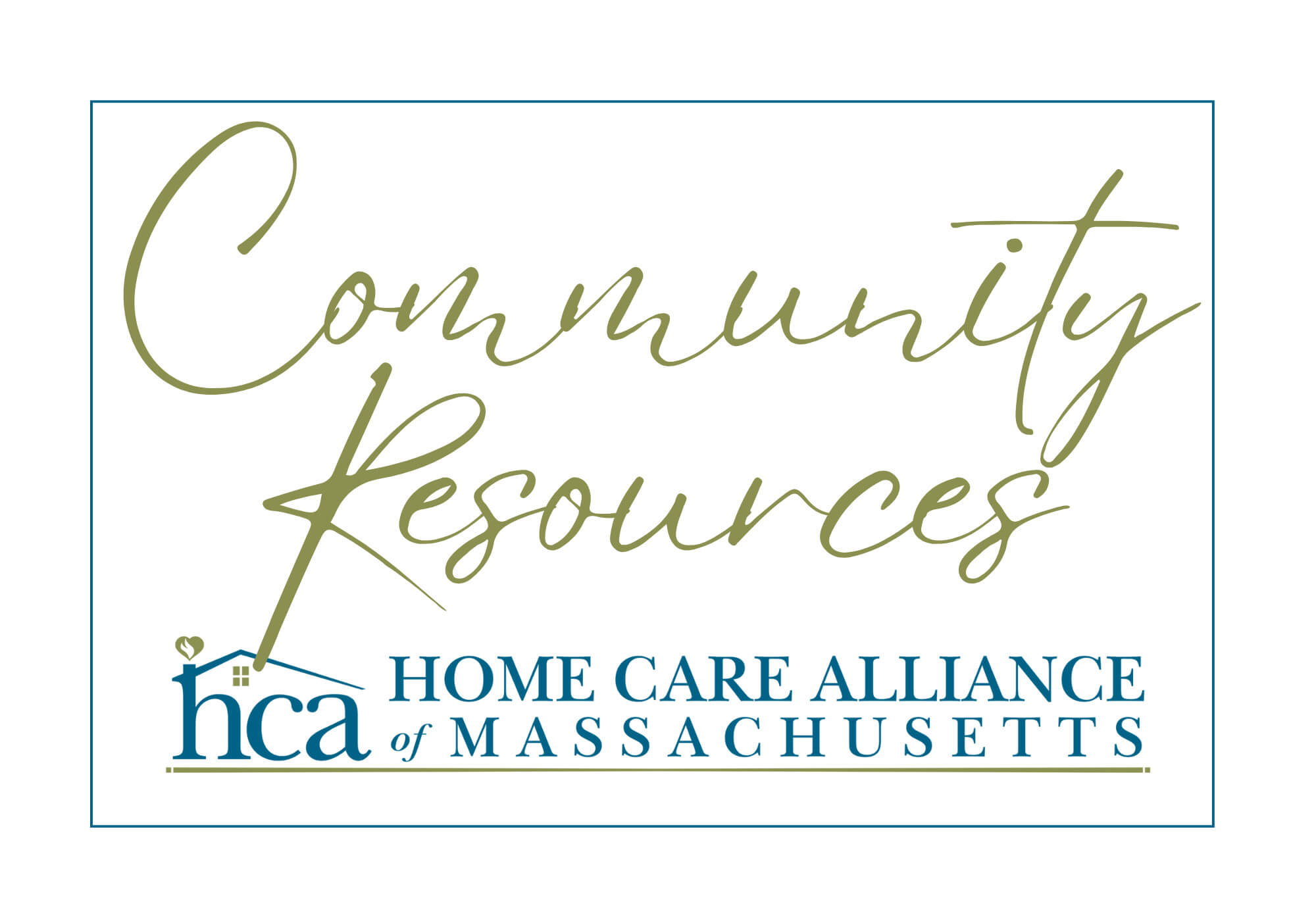Patient & Caregiver Resources

Resources for Patients, Family & Caregivers
The Caregiver Resources page provides essential links to information about home care services, including caregiving tips, regulations, and support resources. Whether you're looking for guidance on patient care, legal requirements, or available tools, this page connects you to valuable resources that can help you navigate the home care landscape with confidence.
Frequently Asked Questions - Patients & Caregivers
Working Effectively With An Agency
Jennifer St. Onge speaks with Guardian Angel Senior Services, Inc CEO Melanie Lewis about how family care providers can coordinate and work with a home care agency to ensure the best results.
Bringing A Caregiver Into Your Home
Holly Chaffee, MSN of Porchlight VNA discusses the knowledge, respect for privacy, and professionalism you can expect from a home care caregiver.
Setting Up A Home For Dementia
Joan Wright, CMC, CPD of NVNA & Hospice discusses simple things you can do to improve the quality of life for a person with dementia living at home.
Parkinson's Care At Home
Melanie Lewis & Jennifer St. Onge of Guardian Angel Senior Services, Inc. discuss the unique challenges of treating dementia clients in a home care environment.
Rehab Therapy At Home
Geoffrey Abraskin, PT, DPT of Amedisys Home Health & Hospice Care discusses what Physical Therapy is and how it can be used in a home care setting.
Occupational Therapy
Geoffrey Abraskin, PT, DPT of Amedisys Home Health & Hospice Care discusses what Occupational Therapy is and how it can be used in a home care setting.
